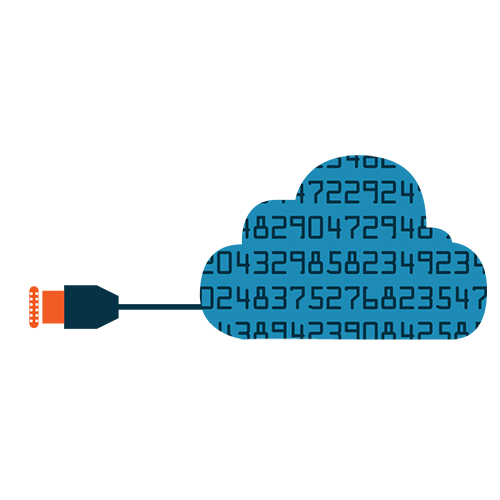Who: Competition and Markets Authority (CMA)
Where: United Kingdom
When: 23 June 2017
Law stated as at: 27 July 2017
What happened:
In June, the CMA announced it is launching enforcement action against online gambling operators who it has identified as potentially infringing consumer protection legislation. It is the latest development in an on-going investigation into the online gambling sector.
What are the concerns?
The CMA’s focus on the online gambling sector has been driven by concerns (which have been shared and jointly investigated by the CMA and the UK Gambling Commission) of unfair treatment of the users of their services. In particular, there has been concern that consumers do not receive the deal they expect from sign-up promotions offered by the operators and that operators also unfairly hold on to people’s money when they use their services.
The sector often offers sign-up promotions to consumers which are designed to attract new players onto gaming websites and such promotions can include things like bonus cash being available when the new user pays their money into an account to use the website. However, the CMA has indicated that it is concerned people often don’t get the deal they are expecting due to the volume of terms and conditions that come with the promotion – many of which are confusing or unclear to consumers and some of which can also be unfair.
Where the control over money used on the sites in question is concerned, the CMA has given the example that sometimes the legal terms applicable to a promotion indicate that a user may actually have to play a game multiple times before they will then be able to withdraw any winnings from their online account. There is therefore a concern that users effectively have no or little choice as to when they can cease using the website and they are prevented from cashing in their winnings when they want to. This practice can sometimes arise just through use of a gambling website irrespective of whether or not a user took the operator up on a sign-up promotion offered. The CMA has also revealed that it has been told by users of such websites that some firms have minimum withdrawal amounts far bigger than the original deposit, or the operators place hurdles in the way of the user withdrawing their money easily.
What is the CMA looking to do?
In recent public statements, the CMA’s Senior Director for Consumer Enforcement has acknowledged that the use of an online gambling site will always involve an element of risk, but that the operators in this space should nonetheless play fair. The CMA wants to see users of gambling sites being able to walk away with their money when they want to be able to do so and they also want promotions offered by the sector to be more transparent and clear. In the CMA’s words “People should get the deal they’re expecting if they sign up to a promotion…….New customers are being enticed by tempting promotions only to find the dice are loaded against them“.
If the CMA does not feel that this is the case, they will look to see what enforcement action they can take under the Consumer Protection from Unfair Trading Regulations 2008 or Part 2 of the Consumer Rights Act 2015 where there are unfair contract terms and notices. Any such action would be taken by the CMA through the courts under Part 8 of the Enterprise Act 2002.
What happens next?
The CMA has given the sector the message that enforcement action will be taken where it believes there has been a breach of consumer protection legislation. They have also asked users of online gambling sites to notify the CMA, by 31 August 2017, if they have experienced difficulties withdrawing their money when they have gambled online. This is so that the CMA can build up a picture of the relevant issues and probably also a list of operators that they will then investigate followed by any relevant legal action that may be required.
Why this matters:
The online gambling sector has been given a clear direction to ensure processes, products and terms and conditions are in order and fair. Otherwise operators could find themselves in receipt of notice under Part 3 of Schedule 5 to the Consumer Rights Act 2015 requiring them to provide specified information about their practices to the CMA to enable the CMA to consider whether to exercise its consumer protection law enforcement functions under Part 8 of the Enterprise Act 2002.
Not only should operators in this space review their processes and terms for fairness and their promotion terms for compliance with applicable laws, regulations and best practice (including the CAP Code), they also need to realise the potential consequences of non-compliance. The Gambling Commission’s Chief Executive, Sarah Harrison, has made it clear that if an operator doesn’t comply with consumer laws, the Gambling Commission will see this as a breach of their operating licence. The Commission has promised “decisive action” in such cases.
Finally, as well as their investigations leading to enforcement cases, the CMA have also indicated that they may also lead to further action aimed at improving practices across the online gambling sector. If the sector doesn’t therefore play ball, they may find themselves subject to new industry codes of practice or new conditions to their licences.








